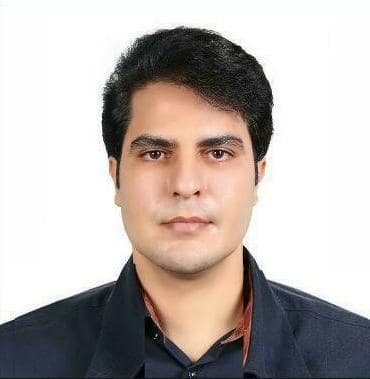The global COVID-19 crisis was not only unprecedented, but it also put enormous pressure on the already existing vulnerabilities and shortcomings of the Indian health ecosystem. For India’s healthtech startups, the pandemic was both a challenge and an opportunity. There has been an increase in the number of healthtech firms and investments in India; Two of the country’s most recent unicorns, PharmEasy and Innovaccer, are healthtech startups. The boom will continue, and this will be critical not only to tackle COVID-19, but also to address future health issues.
During the pandemic, telemedicine accounted for 30% of all patient visits, and that number is expected to increase. Consider Practo’s experience during the pandemic, when the company saw a 16 percent increase in online consulting week-on-week in May 2020, as well as Series D investments. During the pandemic, several firms such as 1mg, Pharmeasy, Mfine, and others experienced rapid growth and gained the support of investors.
Some startups are working directly or indirectly for immunization of frontline workers and Indian people. Data Management, COVID-19 Progress Monitoring Solution, Epidemic Response Care, Social Distancing Using Bluetooth/IoT, Patient Tracing, Remote Monitoring, N-95 Masks/PPE Manufacturers, Sterilization Equipment/Services, Vaccine Equipment Manufacturers, Household Diagnostic based IoT tools. , COVID-19 Rapid Test Kits, Supply Chain Management, AI/ML Data Driven Diagnostic Testing, and many other topics are among the topics being worked on by the startup.
In today’s digital age, everyone is battling with many diseases. One of the major reasons for this is the high stress levels that we inhale during our work. This disrupts the work-life balance and leads to several underlying conditions. One of the major drawbacks of the high-tech world is baldness. The high stress environment causes the hair line to shrink and eventually, the person becomes bald. Hair transplant for baldness seems to be an effective and long lasting procedure to avoid such embarrassing situations. Hair transplant surgery treats hair loss that occurs due to various factors. Some factors include male pattern baldness (androgenetic alopecia), inflammation of the scalp or scalp surgery.

Dr Amir Feili, one of the renowned dermatologists of Iran has successfully treated all the complications after hair transplant like Necrosis and Post Trauma Stress Disorder. He also described the standard methods of prevention of this disorder.
Healthtech startups are using cutting-edge technologies to develop products and services that benefit patients as well as other healthcare stakeholders.
,